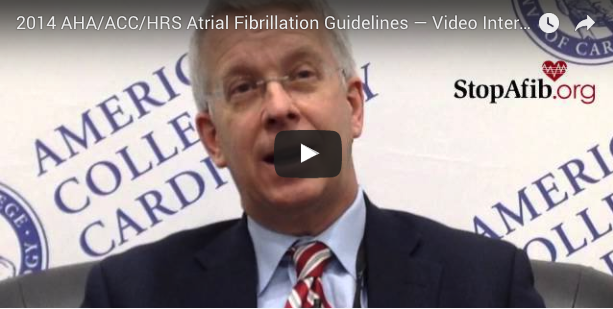
Mellanie True Hills of StopAfib.org interviews Dr. Hugh Calkins about findings in the 2014 AHA/ACC/HRS Atrial Fibrillation Guidelines

Mellanie True Hills of StopAfib.org interviews Dr. Hugh Calkins about findings in the 2014 AHA/ACC/HRS Atrial Fibrillation Guidelines
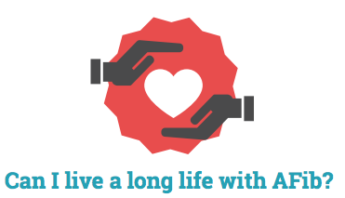
Controlling your risk factors for heart disease and stroke and knowing what can possibly trigger your AFib will help improve your long-term management of AFib.
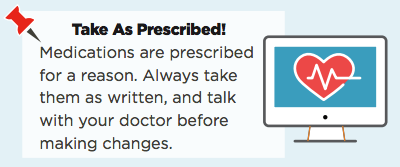
If you have AFib, rate or rhythm control medications may also be prescribed. You may also be on medications for other underlying conditions.
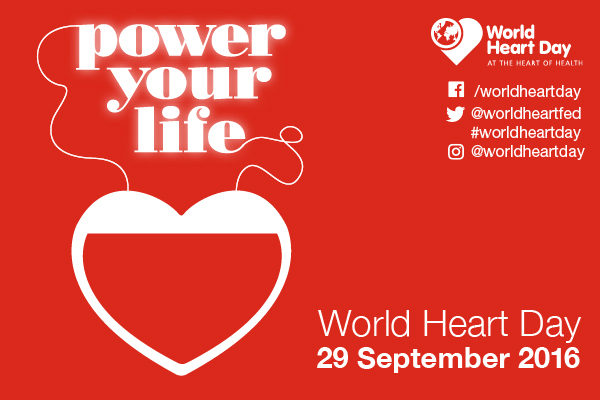
As declared by the World Heart Federation, September 29 is World Heart Day, a day for raising awareness about cardiovascular disease.
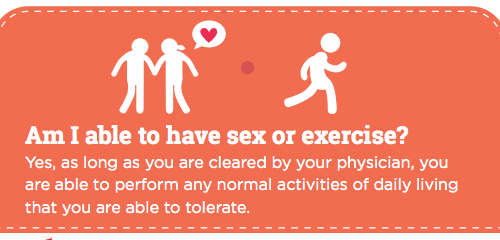
Does having AFib mean I need to wear a medical alert bracelet or carry a card in my wallet?
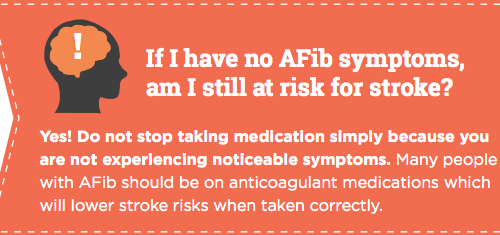
As soon as you notice symptoms of AFib, contact your doctor.
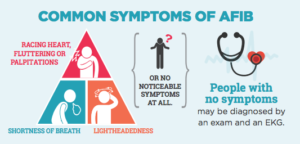
Atrial fibrillation, or AFib, is an irregular heartbeat, or a condition in which the atria fail to contract in a strong, rhythmic way.
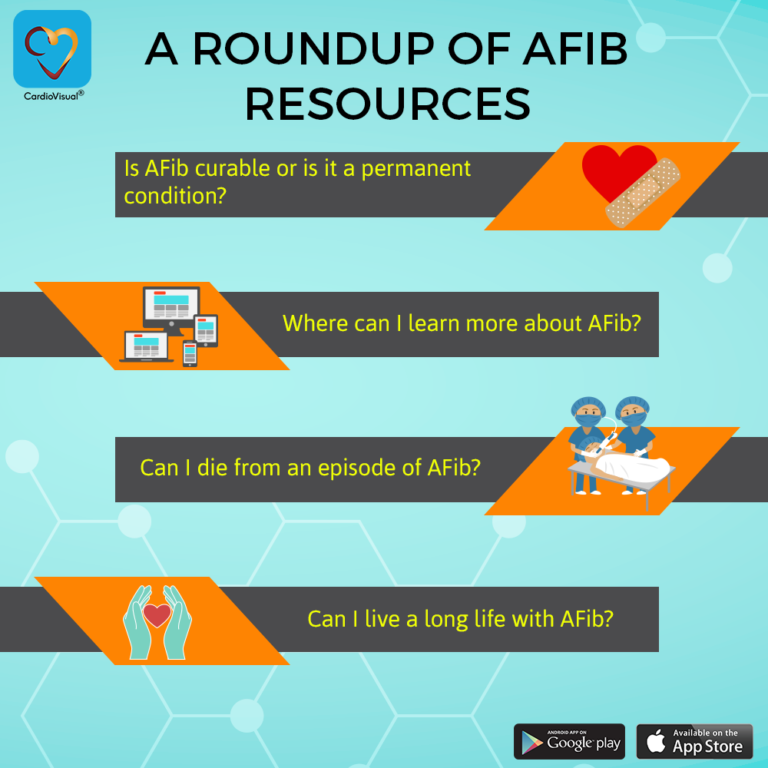
It’s a time for healthcare professionals to ensure their patients are familiar with this condition and a time for regular people to be sure they know what AFib is and how to recognize it.
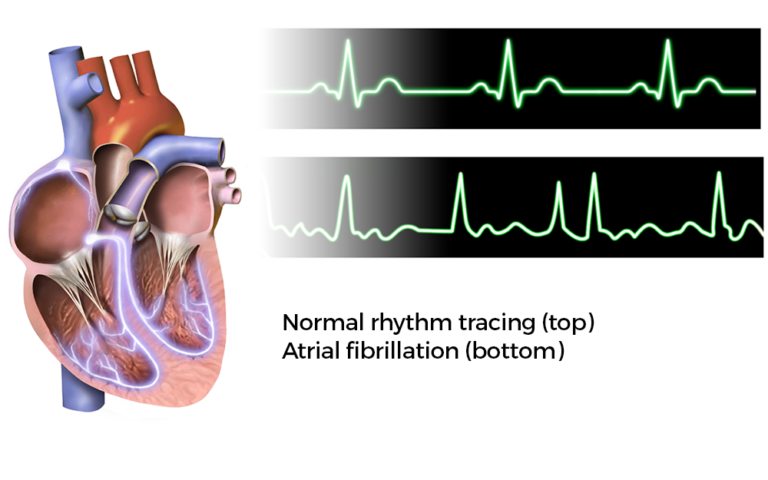
In some people, Afib can cause chest pain or heart failure, especially if your heart rhythm is very rapid. AF may happen rarely or every now and then, or it may become a chronic or long-term heart problem that lasts for years.
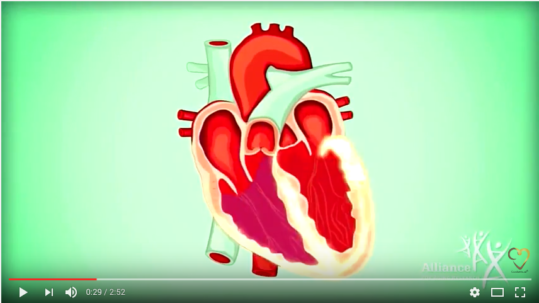
Atrial fibrillation, also known as AFib or AF, is a type of irregular heartbeat. It is one of the many conditions, procedures and treatments detailed in CardioVisual.